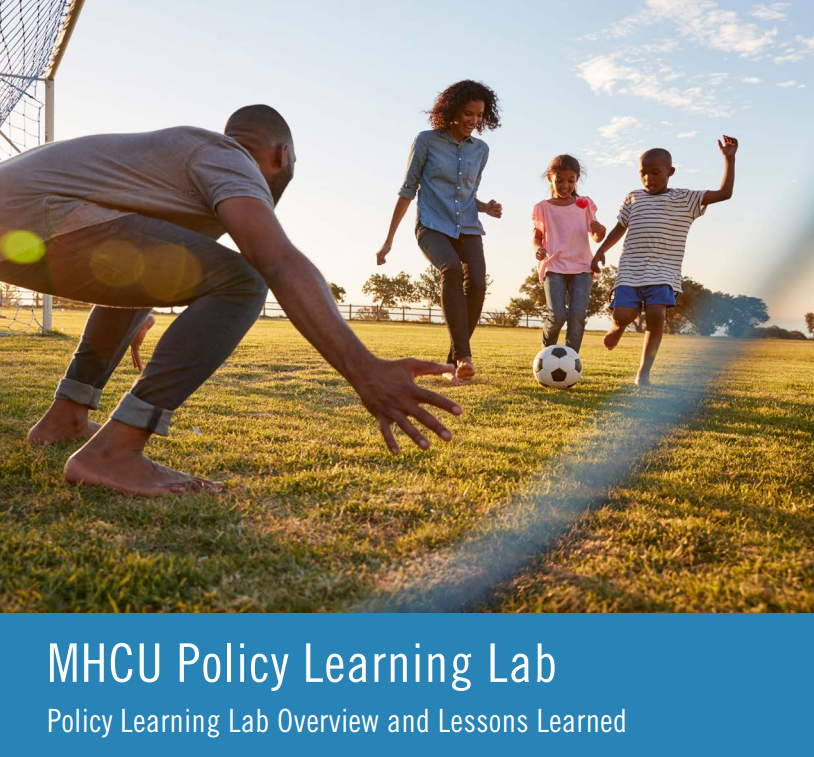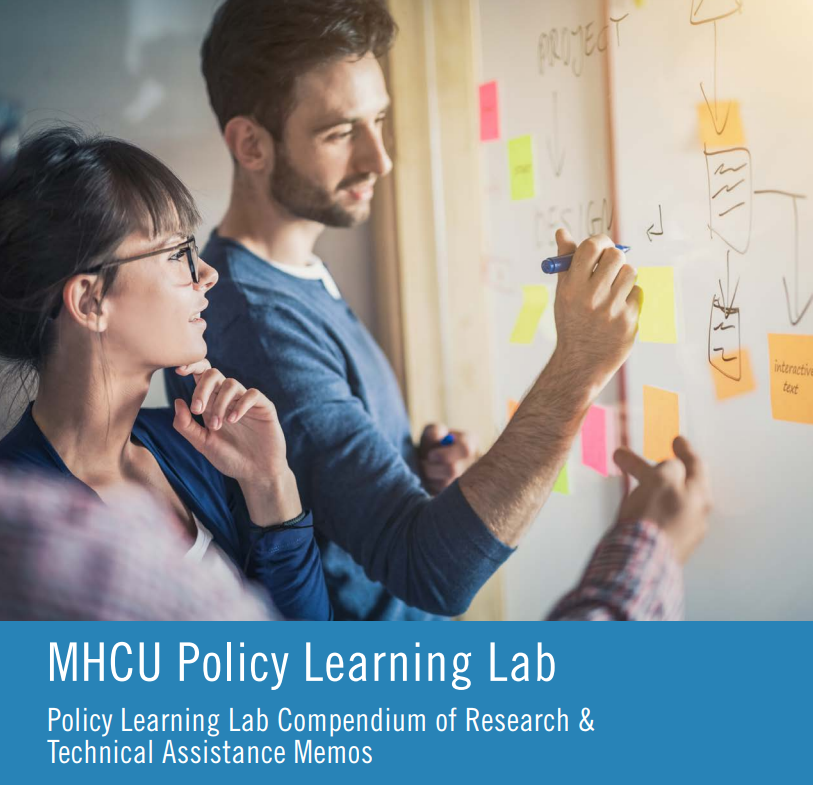
Share On Social!
Health leaders teamed up with law and policy experts to create the Policy Learning Labs, a technical assistance initiative focused on upstream strategies to improve health.
Technical assistance is a type of help that can build skills and provide tools.
It can include information sharing, instruction, training, consulting services, and the development of manuals, reports, resource directories, and guidebooks.
With the Policy Learning Labs, you or your community group can see how to create and use strategies that produce large-scale, sustainable population health improvements.
Moving Health Care Upstream
Beyond hospital walls, health professionals should address the root causes of disease in communities.
 That’s what Moving Health Care Upstream (MHCU) does.
That’s what Moving Health Care Upstream (MHCU) does.
MHCU, launched in 2014 by Nemours Children’s Health System and the University of California, Los Angeles (UCLA) Center for Healthier Children, Families & Communities, is a collaborative effort to improve population health outcomes by focusing on social determinants of health.
They aim to accelerate the development of evidence-informed local public policy strategies and/or institutional policy strategies to target upstream causes of disease and disparities.
But how do health care professionals get in the local public policy game?
Policy Learning Lab Pilot
In 2017, MHCU partnered with ChangeLab Solutions and other technical assistance experts to pilot a technical assistance initiative.
ChangeLab Solutions are leading the nation in using law and policy to change the way our society is structured to address the root causes of chronic diseases like cancer, asthma, and diabetes.
MHCU and partners wanted to create sort-term initiative to fill a gap between long-term learning collaboratives and webinars.
They sought requests from partner health systems for specific topics and settled on root causes of asthma and food insecurity.
MHCU and partners designed a 4-month pilot to increase knowledge and skills and provide targeted policy tools and invited teams to apply.
They selected 17 teams: five focused on the root causes of asthma and 12 focused on food insecurity.
Teams participated in three monthly virtual meetings and monthly technical assistance/coaching phone calls with MHCU leadership. Teams also participated in internal meetings and sought technical assistance/coaching from project leadership as needed.
 The Policy Learning Lab was a success!
The Policy Learning Lab was a success!
Twelve of the 17 teams were interviewed related to their experience in the Policy Learning Lab and all 12 reported this pilot informed and accelerated their policy development work beyond what would have been possible had their team been working on their own.
Policy Learning Lab Resources
In addition to developing a Policy Learning Lab Overview and Lessons Learned, MHCU and partners developed a collection of resources to spread knowledge and accelerate action in the field:
- Compendium of Research & Technical Assistance Memos: Why reinvent the wheel? Identify Policy Learning Lab teams doing work similar to yours and use the detailed “how to” content of their team’s Research & Technical Assistance Memo to inform and accelerate your own work.
- Resource Directory: A curated, sortable collection of resources shared among Policy Learning Lab teams and by leadership.
- Policy Process Playbook: New to policy? This playbook guides you through each step of the policy development process beyond food insecurity and root causes of asthma.
- Social Media Best Practices: Designed especially for “non-experts”, the social media best practices guide provides practical tips and tricks for using and evaluating social media to amplify your message.
Local public policies can support and strengthen current initiatives and programs to improve health equity.
Access and share Policy Learning Lab resources and use local public policy to address social determinants of health.
Explore More:
Healthy Families & SchoolsBy The Numbers
142
Percent
Expected rise in Latino cancer cases in coming years



